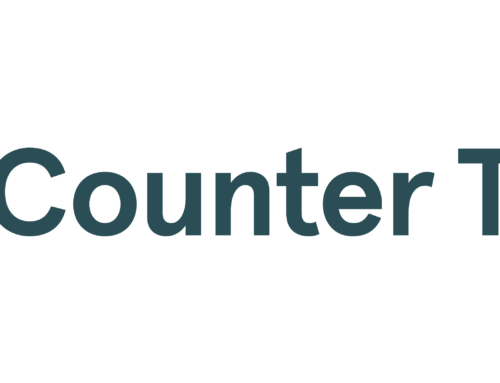
The Geographic Health Equity Alliance, a CADCA initiative, and Counter Tools are excited to announce the inaugural Geographic Surveillance Learning Collaborative for National Tobacco Control and Comprehensive Cancer Control Programs.
Collaborative Learning Objectives:
- Develop an understanding of how participating states across the country develop and maintain their statewide geographic surveillance systems
- Understand how participating states use geographic surveillance in program planning and communications efforts supporting tobacco- and cancer-control goals and objectives.
- Identify best practices for successful collaboration between statewide cancer and tobacco control surveillance efforts
As a member of this collaborative, you will receive:
- A formal opportunity to network with a small group of peers across multiple states in order to share ideas and problem solve
- Access to a dedicated SharePoint folder for collecting and sharing resources among collaborative members
- Presentations from several national experts on geographic surveillance strategies and best practices
- A subscription to the CounterTobacco.org monthly newsletter, which showcases valuable tobacco point of sale policy implementation information (e.g., emerging evidence and stories from the field) and is supported with funds from the CDC Office on Smoking and Health via ChangeLab Solutions
In order to participate, we expect you to:
- Establish a three-person team consisting of a statewide representative from each of the following fields: (1) tobacco control, (2) comprehensive cancer control, (3) epidemiology or related field that handles the development of statewide geospatial tools
- Participate in a one-hour kick-off meeting and four two-hour monthly peer-to-peer learning sessions via video conference. Sessions will be scheduled based on the widest availability of collaborative members, and all sessions will be recorded.
- Collaborate across departments (tobacco control, comprehensive cancer, and epidemiology) to create and present a 40-minute overview of your state’s geographic surveillance systems and ways in which you have used them to support communications and policy efforts.
- Provide feedback for the development of best practice guide and assist with dissemination
Timeline:
- Application due: April 27, 2020
- Notification of Acceptance: May 8, 2020
- Kick-off meeting: May 2020
- Monthly peer-to-peer learning sessions: June-September 2020
- Evaluation & development of best practice guide: September 2020
If you would like to take part in this exciting opportunity, please complete the Application Form by April 27th. You will only need to complete one application per state, so please coordinate with other team members before submitting. Teams will be notified of acceptance and next steps by May 8th, and a kick-off meeting will be scheduled for late May.
If you have any questions about this opportunity, please contact Elizabeth Gerndt, Counter Tools Project Director, at [email protected] and Andrew Romero, Geographic Health Equity Alliance Director, at [email protected].




